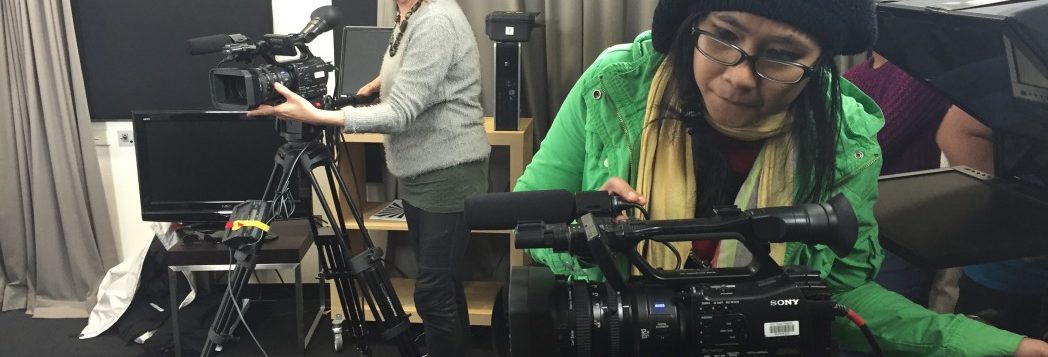IF you think about your culture – REALLY think about it.
Remove your emotions, those rose tinted glasses, all the romanticism you feel toward it and just look at it from a detached point of view- would you be able to identify issues with it?
And would you have the courage to speak out about it- not just to your friends and peers- but to your society as a whole.
I ask this question because in my travels through Australia- I’ve been confronted with this question and I’d be lying of if I didn’t admit that much of my free time is consumed turning the idea over in my head- like a baker kneading dough trying to find just the right consistency.
I’ll explain a little bit about myself though, I’m a 24-year-old Fijian male, 6 foot, blonde hair blue eyes- ok so i’m lying on that bit- I’m actually 23 lol.
My culture is something I am immensely proud of- even though I may not be as familiar with it as I should be.
Just the fact that I know I have an identity, a place, just the knowledge that my grandfather and his grandfather before him all practiced and passed down the traditions that I am blessed with today.
And the cultural effects from mining is what I’m currently soaking up.
As part of this Mining, Media and Development Fellowship with the APJC- we are required to look at all the effects of mining- environmental, business, political and cultural.
And after a few sessions hearing from different speakers on the cultural effects of mining I started to think- Is my culture robbing women and young men of their voices when it comes to deciding whether or not to allow mining on indigenous land.
For those of you who don’t understand, let me explain.The Fijian culture is patriarchal.
The men make the decisions, their voices carry weight in village discussions. They sit at the top of the table and they drink the first bowl of Kava in formal ceremonies.
Women and young men- to put it politely- do not carry as much weight with their opinions.Unless of course they are chiefs in their own right.
That’s the way it’s been since the time of my grandfather and his grandfather before him.
Now when the newest mine in Fiji began to seek landowners approval for use of their land- the decision making process went straight to the Mataqali- or land owning units which of course are headed by men.
And two days before I came to Australia I listened to a panel that was convened to talk about mining in Fiji, one of the speakers presented a few statistics on the new mine.
The statistics showed how young men and women were marginalised when it came to the decision making process for giving mining companies permission to mine on THEIR land.
A survey conducted on a portion of the community showed that a staggering 76 per cent felt they were not included in the process- even though the mining operations would affect all in the area.
A further 15 per cent of 500 villagers surveyed had no idea what an EIA was.
Add to this the fact that Indians -who had also settled nearby and would feel the effects just as equally-were not consulted- simply because they were not part of the landowning group.
Now back then it didn’t seem that wrong to me- I remember thinking ‘Well tough luck guys but that’s the way the cookie crumbles.
But now I wonder- can the mining consultation process with a community actually be participatory when the culture present in the community is the exact opposite.
And this thought occurred to me during an APJC organised excursion to the Melbourne Writers Festival to catch a session on Tradition and Development.
They were talking about including the views of a community when deciding about aid for development- yes I know it’s not mining but the same principle applies.
Basically can we justify a development decision that includes the views of an indigenous community when the culture present is not a consultative one to begin with?
Am i making sense here?
With regards to our culture- have we gotten so used to doing things one way that we are actually passing off the injustices that arise because of it- as acceptable?
And to go even further do we know the finer details of why our culture is as it is? Or are we practising our culture for culture’s sake?
I’ll be honest I don’t know the answer to ALL the questions I’ve raised here – my feeling is that if we concede on on aspect of our culture then we place ourselves on a slippery slope.
And also these damn rose tinted glasses refuse to come off.
But then are we risking destroying ourselves as a society- from the inside out by not conceding on the negatives?
For my grandfather and his grandfather before him- I hope we find our answers very soon.


Great post, Tex!